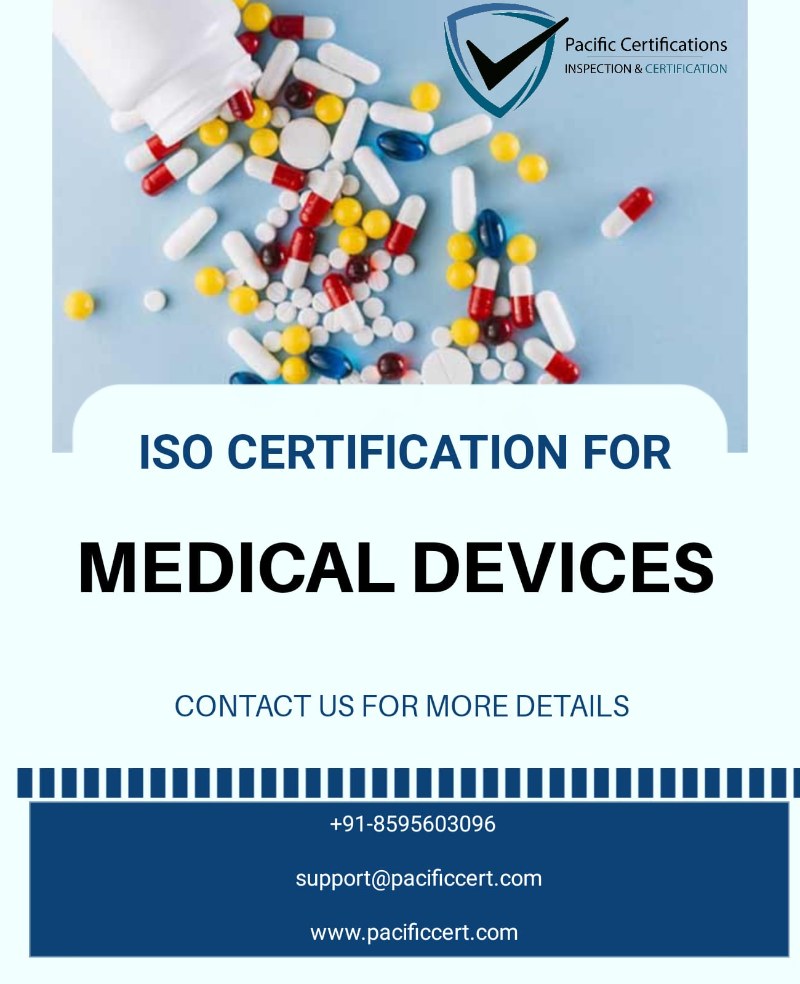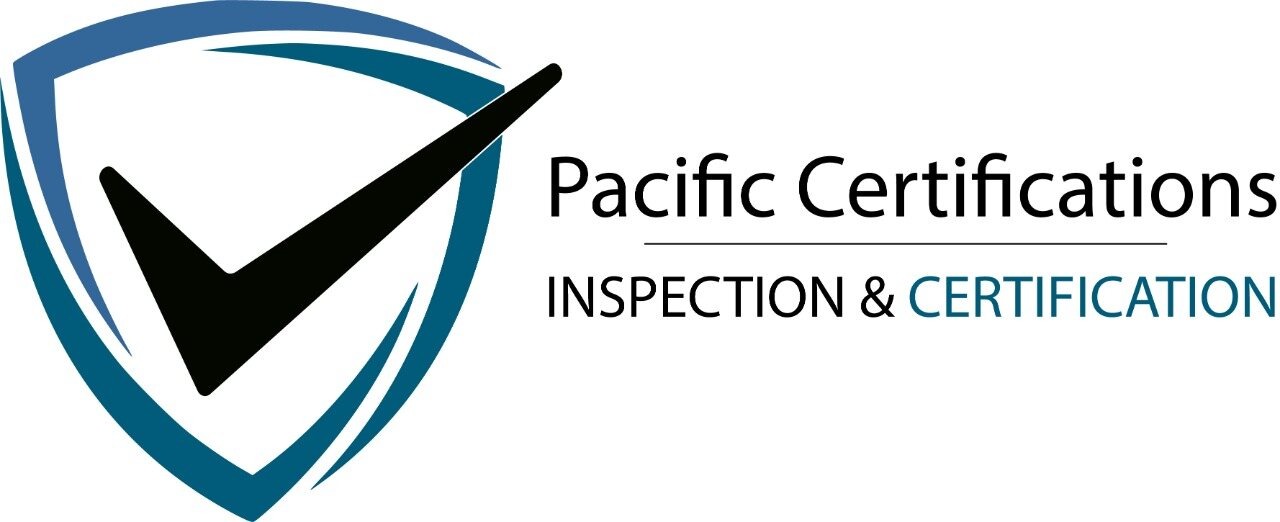ISO Certifications for Medical Devices, Requirements and Benefits

Introduction
The medical devices industry operates in one of the most regulated and risk-sensitive environments globally, where product safety, quality consistency, traceability, and regulatory compliance directly impact patient health and clinical outcomes. Medical device organizations design, manufacture, assemble, sterilize, distribute, service, or trade products such as diagnostic devices, implants, surgical instruments, monitoring equipment, in-vitro diagnostic devices, and digital or software-based medical technologies.
With increasing regulatory scrutiny, stricter market approvals, post-market surveillance obligations, and rising expectations from healthcare providers and regulators, medical device companies must demonstrate robust quality and risk management systems. Product defects, documentation gaps, supplier failures, or inadequate controls can lead to recalls, regulatory penalties, loss of market authorization, and reputational damage. ISO certifications provide internationally recognized frameworks that enable medical device organizations to establish compliant, auditable, and reliable management systems aligned with global regulatory expectations.
In the medical devices industry, trust is built on safety, compliance, and consistency.
Quick Summary
ISO certifications provide medical device organizations with internationally recognized frameworks to manage product quality and regulatory compliance through ISO 13485, control information security and software-driven devices through ISO/IEC 27001, manage risk across the product lifecycle through ISO 14971, ensure business continuity through ISO 22301, support occupational health and safety through ISO 45001, manage environmental responsibilities through ISO 14001, and strengthen overall governance through ISO 9001 where applicable. These standards support safe medical devices, regulatory confidence, and sustainable market access.
For guidance on selecting the most relevant ISO standards for your medical device operations, contact [email protected].
Applicable ISO Standards for Medical Devices
Below are the most applicable ISO Standards for Medical Devices:
ISO 13485:2016 - Medical devices - Quality management systems
ISO 13485 is the cornerstone standard for medical device organizations. It focuses on regulatory compliance, product safety, design controls, production consistency, traceability, and post-market surveillance. The standard applies across the entire medical device lifecycle, from design and development to manufacturing, distribution, installation, servicing, and decommissioning.
ISO 9001:2015 – Quality Management Systems
ISO 9001 may complement ISO 13485 by strengthening overall business process control, customer satisfaction management, and continual improvement beyond strict regulatory requirements.
ISO 14971:2019 - Medical devices - Application of risk management to medical devices
ISO 14971 provides a structured framework to identify, evaluate, control, and monitor risks associated with medical devices throughout their lifecycle. It supports hazard analysis, risk evaluation, benefit-risk assessment, and risk control measures aligned with regulatory expectations.
ISO/IEC 27001: Information Security Management Systems
Medical devices increasingly rely on software, connectivity, cloud platforms, and digital health systems. ISO/IEC 27001 ensures protection of device data, patient information, clinical data, firmware, and intellectual property against unauthorized access, cyber threats, and data breaches.
ISO 22301:2019 – Business Continuity Management Systems
Medical device supply disruptions can directly impact patient care. ISO 22301 ensures that critical manufacturing, sterilization, logistics, and support services can continue or recover rapidly during disruptions such as system failures, supplier interruptions, or emergencies.
ISO 45001:2018 – Occupational Health & Safety Management Systems
Medical device manufacturing and servicing involve hazards such as machinery operation, sterilization processes, cleanroom environments, chemicals, and field servicing activities. ISO 45001 supports safe working conditions and compliance with occupational safety requirements.
ISO 14001:2015 – Environmental Management Systems
ISO 14001 helps medical device organizations manage environmental aspects such as waste generation, chemical handling, emissions, energy consumption, and disposal of regulated materials, supporting compliance with environmental laws and sustainability goals.
Click here to find out more applicable standards to your industry
What are the Requirements of ISO Certifications for Medical Devices?
Medical device organizations seeking ISO certification must establish documented management systems and demonstrate consistent implementation across design, production, quality, and regulatory functions:
ISO 13485:2016 – Quality Management Systems
Define scope covering applicable medical device activities
Establish documented quality policies and objectives
Implement design and development controls
Control suppliers and outsourced processes
Ensure traceability of materials and products
Manage nonconforming products and corrective actions
Conduct internal audits and management reviews
ISO 14971:2019 – Risk Management
Identify hazards associated with medical devices
Perform risk analysis and evaluation
Implement risk control measures
Conduct benefit-risk assessments
Monitor risks through post-market surveillance
ISO/IEC 27001:2022 – Information Security
Identify and classify information assets
Conduct information security risk assessments
Implement access controls and cybersecurity measures
Secure device software, data, and systems
Establish incident response and monitoring
ISO 22301:2019 – Business Continuity
Identify critical manufacturing and support processes
Conduct business impact analysis (BIA)
Develop continuity and recovery plans
Test and review continuity arrangements
ISO 45001:2018 – Occupational Health & Safety
Identify workplace hazards and assess risks
Implement safety controls and procedures
Provide training and emergency preparedness
Monitor incidents and safety performance
Tip:Map one complete medical device lifecycle—from design and validation to manufacturing, distribution, post-market surveillance, and recall management—against ISO requirements to identify compliance and risk gaps early.
For assistance in evaluating your medical device operations against ISO requirements, contact [email protected].
What are the Benefits of ISO Certifications for Medical Devices?
ISO certifications provide medical device organizations with significant operational and regulatory advantages, including:
Improved patient safety and product reliability
Stronger regulatory and market approval readiness
Reduced risk of recalls and non-compliance
Better control over suppliers and outsourced processes
Improved traceability and documentation
Stronger cybersecurity and data protection
Enhanced confidence from regulators and healthcare providers
Increased access to global markets
Improved operational resilience
Long-term brand credibility and growth
The global medical devices market continues to grow rapidly, driven by aging populations, technological innovation, digital health adoption, and increased healthcare spending. The global medical devices market is projected to exceed USD 800 billion in the upcoming years, with strong demand for connected devices, diagnostics, and minimally invasive technologies.
At the same time, regulatory authorities are tightening requirements related to quality systems, post-market surveillance, cybersecurity, and risk management. Healthcare providers and regulators increasingly expect ISO 13485-certified quality systems as a baseline requirement. Medical device organizations demonstrating ISO-aligned governance are better positioned to meet regulatory expectations, reduce compliance risks, and compete effectively in global markets.
How Pacific Certifications Can Help?
Pacific Certifications, accredited by ABIS, acts as an independent certification body for medical device organizations by conducting impartial audits against applicable ISO standards. Our role is to objectively assess whether documented management systems and medical device operations conform to international ISO requirements, based strictly on verifiable evidence and records.
We support medical device organizations through:
Independent certification audits conducted in accordance with ISO/IEC 17021 and ISO/IEC 17021-3
Objective assessment of quality, risk, and regulatory controls
Clear audit reporting reflecting conformity status and certification decisions
Internationally recognized ISO certification upon successful compliance
Surveillance and recertification audits to maintain certification validity
Contact Us
If you need more support with ISO certifications for Insurance Brokerage Firms, contact us at [email protected] or +91-8595603096.
Author: Ashish
Read More at: Blogs by Pacific Certifications

